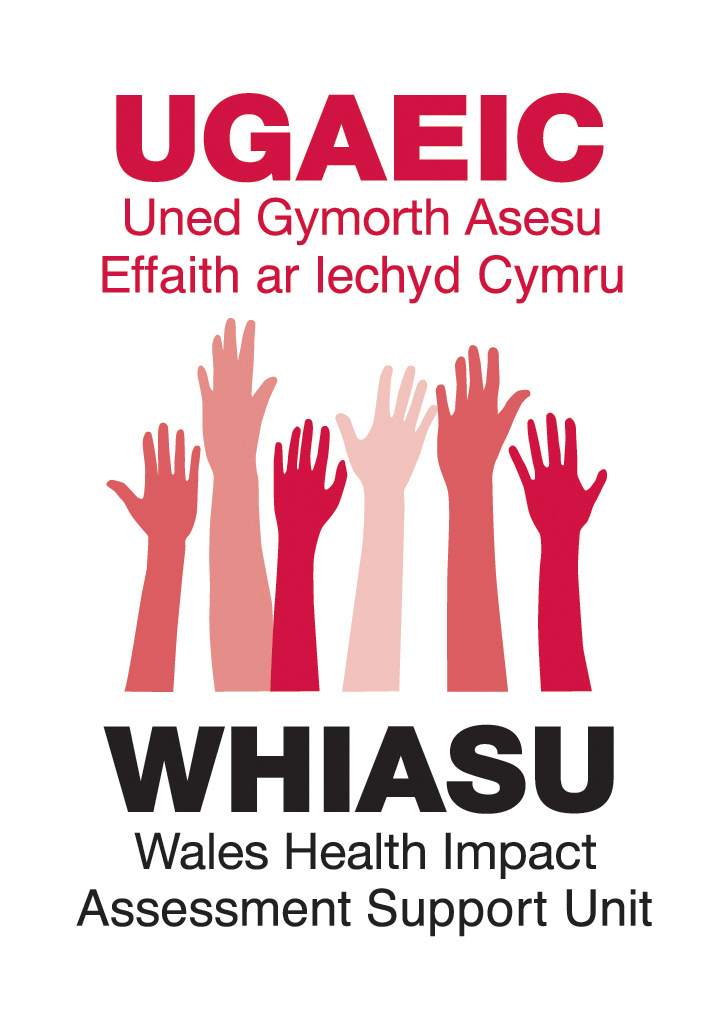| All Wales Injury Surveillance System |
|
The All Wales Injury Surveillance System (AWISS) is population-based, multi-source injury surveillance system, designed to measure injury rates and patterns, in order to support the design and evaluation of injury reduction initiatives, interventions and policies across Wales. |
View webpage
|
| Bandolier |
|
The evidence section collects information under a number of health topics. Most of it is medical but the Healthy Living section provides evidence on lifestyle interventions and health. |
View webpage
|
| Institute of Rural Health (IRH) |
|
Conducts wide-ranging research on issues relating to health and the rural environment. |
View webpage
|
| MRC’s Social and Public Health Science Unit, University of Glasgow |
|
The aim of the Unit is ‘to promote human health via the study of social and environmental influences on health’. Of particular interest will be the section evaluating the health effects of social interventions. They focus on non healthcare sector areas such as housing and regeneration as well as hosting the ESRC Centre for Evidence Based Public Health Policy. |
View webpage
|
| NHS Centre for Reviews and Dissemination (CRD), University of York |
|
Provides summaries of reviews conducted by CRD about what is already known about the effectiveness of interventions to improve health and tackle ill health.
Most are about medical treatments but it includes the comprehensive Evidence from Systematic Reviews of Research Relevant implementing the Wider Public Health Agenda (See reviews conducted in 2000). Also includes the Database of Abstracts of Reviews of Effects (DARE) database which provides abstracts of quality assessed systematic reviews. Some of these deal with the wider determinants of health. |
View webpage
|
| Public Involvement in Health Impact Assessment |
Chloe Chadderton, Eva Elliott, Gareth Williams (WHIASU) |
As part of its research and evaluation role this paper reports on a research study investigating the methods and impact of members of the public and community groups involvement in Health Impact Assessment (HIA). The methodology includes a comprehensive literature review, and case studies in Wales using qualitative interviews and focus groups with members of the public and representatives from community groups and the statutory sector. A grounded theory approach is adopted in order to identify emergent themes in the data.
|
View resource
|
| Queen Mary, University of London – Health Research Group, Department of Geography |
|
Includes ‘The East London Guide to Health Impact Assessment of Regeneration Projects'. The three-volume work includes a literature review on four areas relevant to regeneration and how they relate to health. |
View webpage
|
| The Campbell Collaboration |
|
Provides access to evidence on the effects of a number of social, educational and criminal justice interventions. |
View webpage
|
| The CPTPP trade deal is a major threat to public health and warrants a health impact assessment (HIA) |
Courtney L McNamara, Liz Green, Pepita Barlow, Mark A Bellis |
|
View webpage
|
| The impact of the economic downturn on health in Wales: A review and case study. Executive Summary. (2010) |
Eva Elliott, Emily Harrop, Heather Rothwell, Michael Shepherd and Gareth Williams |
This review aimed to capture the learning from research on previous recessions whilst placing the finding in the context of Wales today. It should be emphasised that this was not a comprehensive study, but it provides a starting point from which policy makers, practitioners and researchers can start deliberation on actions for the future. It provides a set of evidence informed recommendations for policy and practice which includes suggestions as to what population groups may be particularly vulnerable to the recession; the need to pool resources and join up solutions particularly in areas where support service infrastructure is likely to be weak; the need for active labour market programmes which provide support, build self esteem and make us or forge supportive social/community networks and (as well as job search support) and for these to include an evaluation of their health impact; for support strategies to be developed in workplaces to support employees who may be anxious about their job status; and for the potential health impact of future spending decisions as a result of reduced public spending to be taken into consideration. In addition services for vulnerable young people, families under stress and people with mild to moderate mental health problems should be protected.
Available in English Only. |
View resource
|
| Trip Database |
|
Searches over 55 sites with good quality medical and health related information and research. Provides access to 'evidence-based' material on the web as well as articles from highly rated online medical journals such as the British Medical Journal. Although medically focused it is possible to access evidence relating to the wider determinants of health. |
View webpage
|
| What works for Wellbeing |
|
Evidence knowledge bank BETA. In the past three years, the Centre has completed 16 systematic reviews on wellbeing and culture and sport, work and learning and community wellbeing. The ‘knowledge bank’ is the Centre’s very early step to bring all the main findings, the evidence statements and gaps from these reviews together into one searchable excel spreadsheet. The intention is to make the data as accessible and useful as possible. |
View webpage
|
